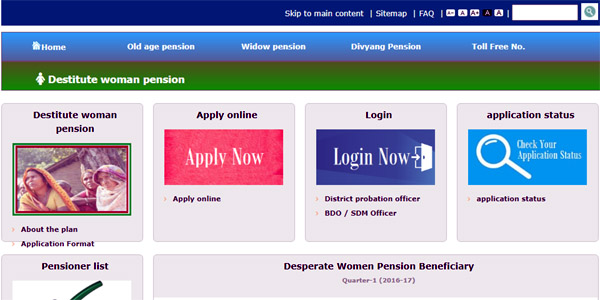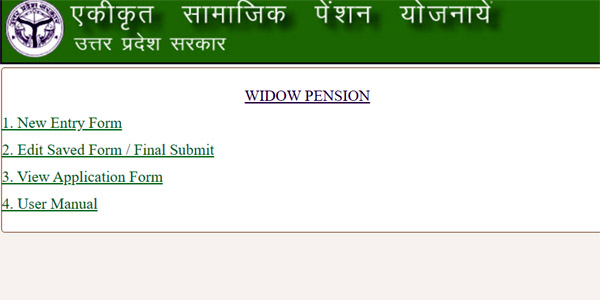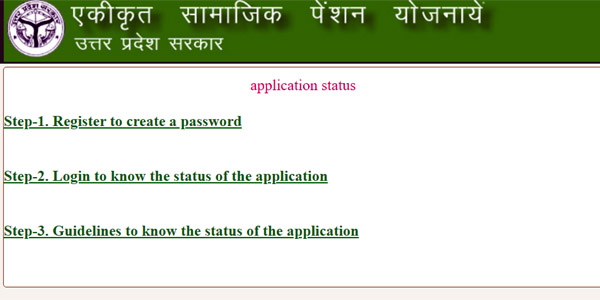Vidhwa Pension Yojana is also popular as a Widow Pension scheme. Uttar Pradesh’s government introduced Vidhwa Pension Scheme to help Widow Women. The government decided to give the destitute widows from 18 years to 60 years under the poverty line. The UP government is giving Rs 300 to the widows every month for their basic needs.
The Vidhwa Pension Yojana is a welfare scheme by the Uttar Pradesh government and gets help from the Central Government under National Social Assistance Programme (NSAP). Widows can apply for this Widow Pension scheme online and offline.

Contents
Eligibility for Vidhwa Pension Yojana
- Widowed women of Uttar Pradesh were only considered for this scheme.
- The age of the widowed women for eligibility is 18 to 60 years.
- If the widowed woman remarries after the death of her husband will not be eligible for the scheme.
- Benefits are eligible if the applicant is not getting any other government scheme.
- The widowed women’s children must not be adults. They are eligible if they are adults and cannot maintain their mother’s needs.
Documents Required for Widow Pension
- Aadhaar Card
- Death certificate of husband
- Income certificate
- Residence certificate
- Bank account book
- Age certificate
- Passport size photo
- Mobile number
Application for Vidhwa Pension Scheme
Online Application
- If the widow wants to apply for the scheme, visit the official website.
- On the home page, click on the “apply now” option.
- A new page opens. Now click on the “new entry form” option.

- A form appears where the applicants must fill the form with required details like personal details, bank details, spouse death details, income details, etc.
- After filling out the form, click on the checkbox, enter the Captcha code, and click the “save” option.
- The form is saved, and the registration number is generated to keep the registration number for future reference.
- Check the application form thoroughly and view the way before clicking on the “final submit” option.
- Take the printout of the application filled out and submit it to the offices of DPO/DSWO/DHWO within one month.
Check the Application Status of the Vidhwa Pension Scheme
- If the applicants want to check the status of their application, visit the official website.
- The applicant has to create a password to check the status.
- On the home page, click on the “application status” option.

- The new page opens, where the applicant must click “register to create a password.”
- Select the scheme on the screen, application registration number, bank account number, and Captcha code, and click the “submit” option.
More Details about Vidhwa pension Yojana
- The UP government is giving a pension of Rs 300 for the widow of age 18 to 60 years, and after attaining 80 years, the beneficiary will get Rs 500 per month.
- As per the applicant’s convenience, the pension amount is directly going to the applicant’s bank account number or through the post office.
- The beneficiary Vidhwa’s pension will discontinue if she remarries or gets below the poverty line.
- The concerned authorities have to verify the detail of the applications submitted. A verification team visits the applicant’s residence for inspection.
- After the verification, the beneficiaries will directly get the pension to their bank account.
- The application processing time to finalise is two months, depending on the verification and other formalities.
- Gram Panchayat/Municipal Offices disclosed the list of the beneficiaries who availed of the pension and updated the list every three months.
Faqs
Go to the website. Check your name.
The old age pension is offered to women who are 60 years old or older. The maximum income a beneficiary should have to qualify for the benefits of this scheme is Rs.2000 per month.
The recipient should be a widow, below the poverty line, and a resident of the State under which she is applying for the Vidhwa Pension Yojana. The age group and other factors differ from State to State and are not generic.